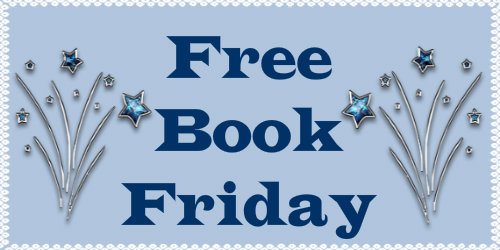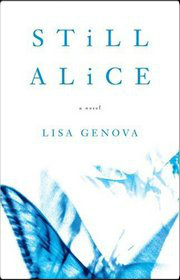Kingdom of Shadows by Alan Furst
Review by Matt B. (BuffaloSavage)
Published in 2000, Furst’s sixth historical espionage novel won the 2001 Hammett Prize, given for literary excellence in the field of crime-writing. The novel begins in 1938 and goes to the brink of war in September, 1939. Nicholas Morath, Hungarian bon-vivant, is living a life of ease in Paris, working a silly job in advertising, and sleeping with a beautiful heiress half his age from Buenos Aries. I totally believe this is possible since my Hungarian grandmother said Hungarian men are handsome and charming.
Despite his shallowness, Morath is loyal to his country and aristocratic family. So he always says yes when his uncle Janos Polanyi, diplomat in the Hungarian legation, has him perform little tasks in the secret world. Morath deals with refugees, killers, gangsters, fascist thugs and scamps of various stripes in efforts to fight Hitler’s aggression in Europe.
One could complain that it’s episodic and its paper-thin characters are overly familiar from other outings. But Furst pleases discerning readers, assuming they have travelled and read enough Joseph Roth, Victor Serge and Rebecca West to savor asides on the order of:
… Ruthenia. Or affectionately, Little Russia. Or, technically, Sub-Carpathian Ukraine. A Slavic nibble taken by the medieval kings of Hungary, and ever since a lost land in the Northeast corner of the nation. Then, after the world war, on a rare day when American idealism went hand in hand with French diplomacy … they stuck it onto Slovakia and handed it to the Czechs. Somewhere, Morath speculated, in a little room in a ministry of culture, a Moravian bureaucrat was hard at work on a little song, ‘Merry Old Ruthenia / Land we love so well.’
Furst has been an expatriate too so he knows how to evoke place by appealing to the senses. His Hungarian hero returns to Budapest, his sense of smell confirms that he is home: “Burnt coffee and coal dust, Turkish tobacco and rotten fruit, lilac water from the barbershops, drains and damp stone, grilled chicken.” Don’t visit other countries to widen your horizons; go to see what they smell like.
The novel’s atmosphere of world on the edge of flame and blood is palpable. The reader can tell Furst has read the history and the novels of the 1930s, because the air, the very ether of the novel seems so real. And the familiar Furstian theme of “Every helpful act, even the smallest, affirms the bond that unites decent human beings” comes out as does the themes of forgiveness and redemption. Uncle Janos says, “Forgive me, Nicholas. Forgive, forgive. Forgive the world for being what it is. Maybe next week Hitler drops dead and we all go out to dinner.”








